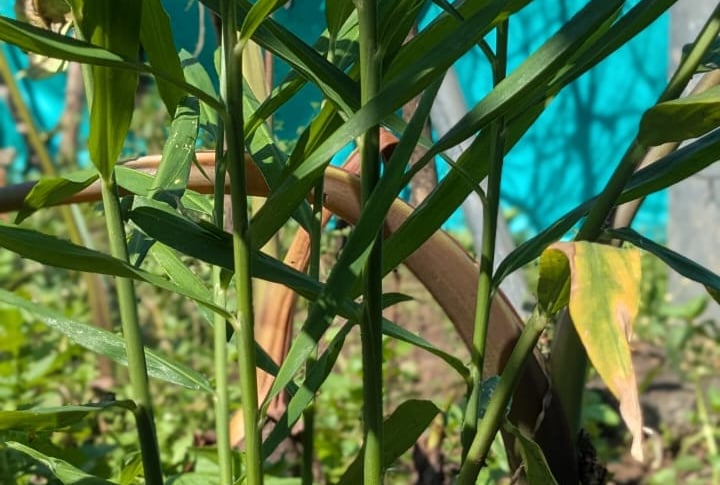Difference between organic and conventional farming Organic vs conventional farming Organic farming"
Introduction Difference between organic and conventional farming Organic vs conventional farming Organicfarming" Farming is the backbone of our food system. But not all farming methods are the same. Today, most farms follow either organic farming or conventional farming methods. Understanding the difference between these two approaches helps us make better choices for our health and the environment. --- 1. What is Organic Farming? Organic farming is a natural method of agriculture that avoids the use of chemical fertilizers, pesticides, and genetically modified organisms (GMOs). Instead, it focuses on: Using natural compost and manure for soil fertility Practicing crop rotation and mixed cropping Promoting biodiversity and soil health Maintaining ecological balance --- 2. What is Conventional Farming? Conventional farming is the modern or industrial method of agriculture that uses synthetic fertilizers, chemical pesticides, and hybrid or GMO seeds to boost crop yields. It emphasizes high productivity, but often at the cost of soil health and environmental sustainability. --- 3. Key Differences Between Organic and Conventional Farming Aspect Organic Farming Conventional Farming Fertilizers Natural compost, manure, biofertilizers Chemical fertilizers like urea, DAP Pesticides Natural pest control (Neem, cow urine, etc.) Chemical pesticides and insecticides Seeds Non-GMO, traditional varieties Hybrid or genetically modified seeds Soil Health Maintains and improves soil fertility Degrades soil quality over time Yield Moderate but sustainable High yield in short term Environmental Impact Eco-friendly, reduces pollution Causes pollution and soil degradation Health Impact Produces chemical-free food May contain pesticide residues --- 4. Why Choose Organic Farming? Better for Health: No harmful chemicals in food Environmentally Friendly: Reduces water and soil pollution Long-term Soil Fertility: Improves soil structure and biodiversity Sustainable Future: Supports climate-friendly agriculture --- 5. Challenges in Organic Farming Lower initial yields compared to conventional farming Lack of awareness and organic certification More labor-intensive and time-consuming However, with growing consumer awareness and government support, organic farming is becoming increasingly profitable and sustainable. --- Conclusion While conventional farming focuses on quantity, organic farming focuses on quality and sustainability. Choosing organic farming ensures a healthier planet and a better future for generations to come.
Gulab T.
11/11/20251 min read


My post content